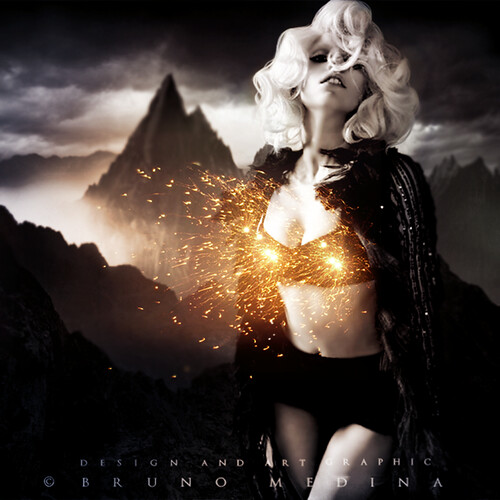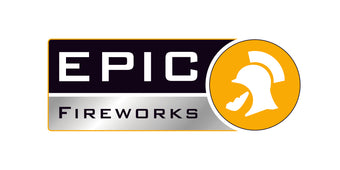Fireworks. What Determines The Colours ?

So, what determines the colours in a firework?
You will find below a collection of firework chemical substances as well as the correspondent colour and effect that it produces.
Aluminum - Aluminum is utilized in firecrackers to create silver and white flames and sparks. This is a typical part in sparklers.
Antimony - Antimony is applied to generate firework glitter effects.
Barium - Barium create firecrackers go off in green colours, and it can additionally help steady other hazardous chemical substances.
Carbon - Carbon is definitely one of the main chemical substances of black powder, which is used as a combustible in fireworks. Carbon gives fuel for a firework.
Calcium - Calcium is used to intensify firework colours. Calcium salts make orange fireworks.
Cesium - Cesium components can help to oxidize firework mix. Cesium components produce an indigo shade in fireworks.
Chlorine - Chlorine is a vital constituent of many oxidizers in fireworks. Several of the metal salts that make shades have chlorine.
Copper - Copper produces blue-green shades in fireworks and halides of a copper mineral can be used to create shades of blue.
Iron - Iron is utilized to produce sparks. The heat of the metal determines the colour of these glints.
Lithium - Lithium is an item that is used to impart a red shade to fireworks. Lithium carbonate, especially, is a regular colourant.
Magnesium - Magnesium burns an incredibly bright white, so it is utilized to put white sparks or add to the brilliance of your fireworks.
Oxygen - Fireworks include oxidizers, which are chemicals that produce oxygen so that burning to occur. The oxidizers are usually nitrates, chlorates, or perchlorates. Every now and then an identical chemical is utilized to supply oxygen and colour.
Phosphorus - Phosphorus burns spontaneously in air and is also responsible for some glare in the dark effects. It may be a fraction of a firework's fuel.
Potassium - Potassium aids in oxidizing firework mixtures. Potassium nitrate, potassium chlorate, and potassium perchlorate are all vital oxidizers. The potassium content can impart a violet-pink shade to the sparkles.
Radium - Radium would form powerful green colours in fireworks, however, it is far too hazardous to use.
Rubidium - Rubidium help to oxidize firework mix. Rubidium produces a violet-red colour in fireworks.
Sodium - Sodium shares a yellow colour to fireworks, yet, the colour is frequently so bright that it often cover other, less powerful colours.
Sulfur - Sulfur is a firework compound of black powder, and as such, it is present in a firework's fuel.
Strontium - Strontium salts expose a red colour to fireworks. Strontium chemicals are likewise important for stabilizing fireworks combinations.
Titanium - Titanium metal can be burned as powder or flakes to provide silver sparkles.
Zinc - Zinc is a bluish-white metal that is utilized to create smoke effects.
These are considered the usual chemical substances found in fireworks.
